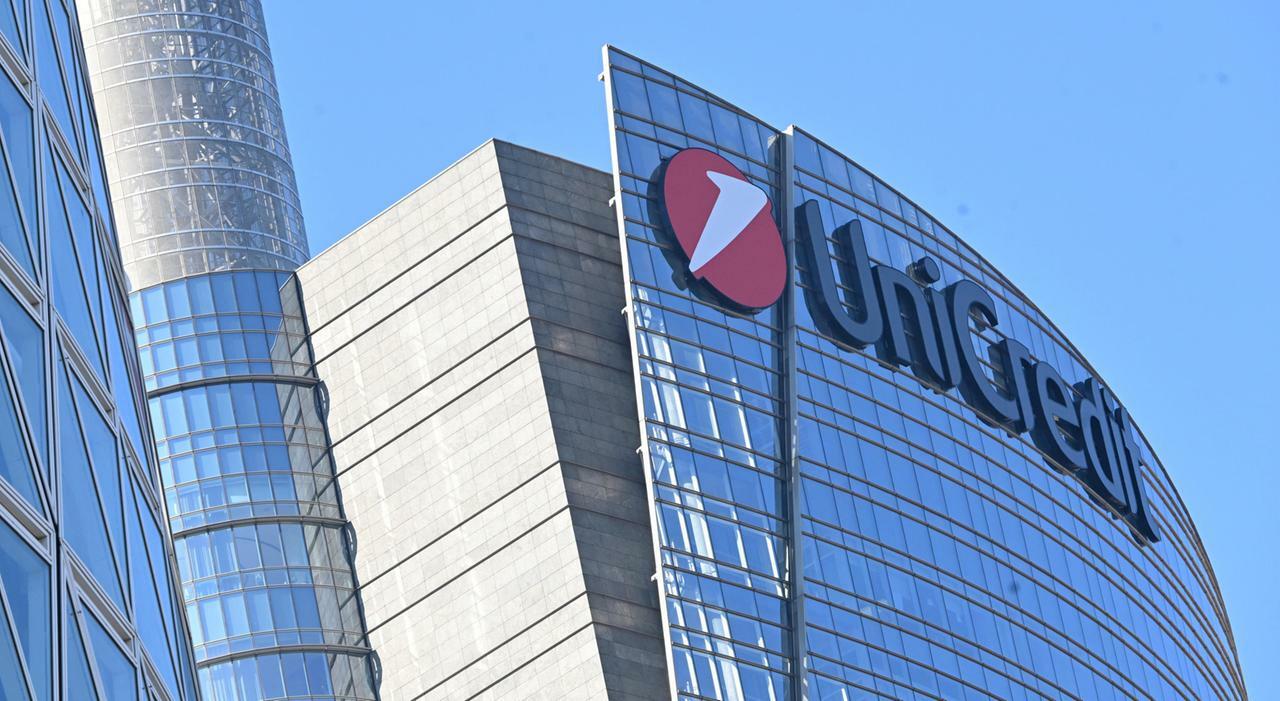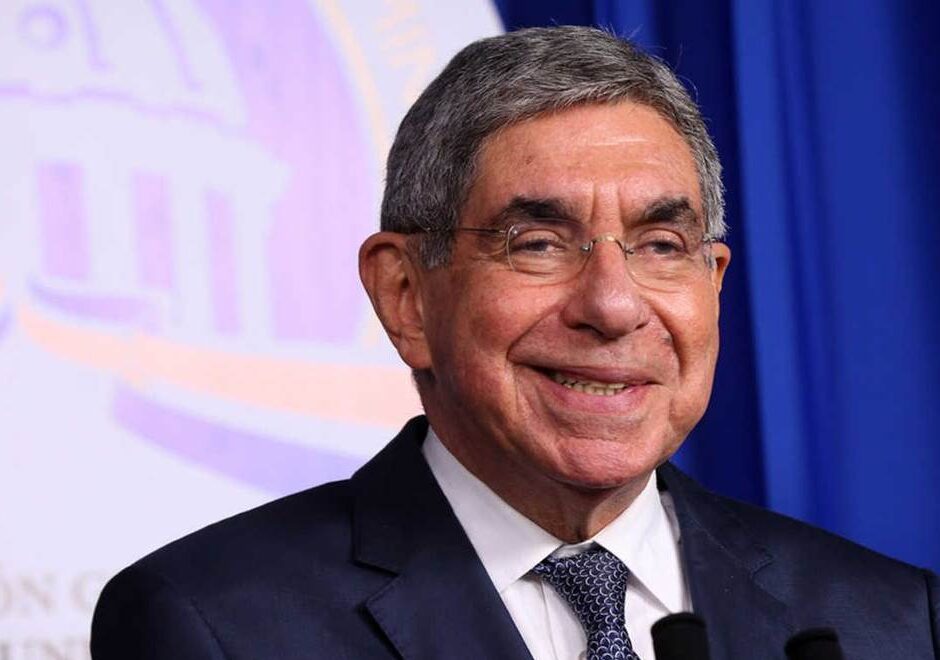UniCredit's Strategic Moves and Banco BPM's Future
Dive into UniCredit's complex bid for Banco BPM amidst regulatory challenges, shareholder deliberations, and financial implications for the European banking landscape.
Published March 30, 2025 - 00:03am

Image recovered from ilmessaggero.it
In the intricate landscape of European banking, UniCredit's strategic maneuverings regarding the acquisition of Banco BPM stand at a critical juncture. Central to this narrative is Andrea Orcel, the CEO of UniCredit, who emphasizes the prerequisite that any acquisition must create value or it will not proceed. During a recent shareholders' meeting, Orcel reiterated this stance, highlighting the bank's financial strategy as pivotal in the decision-making process.
UniCredit's proposed acquisition of Banco BPM has garnered significant attention, not least due to the European Central Bank (ECB)'s recent approval of the takeover bid. This approval marks a significant milestone yet does not eliminate the hurdles that remain. The ECB's decision came amidst ongoing discussions about the Danish Compromise, a regulatory framework affecting Banco BPM in its pursuit of acquiring Anima Holding. This capital relief measure would have eased Banco BPM's financial load in the acquisition, but the ECB's rejection of their request poses additional challenges. Despite this, Banco BPM remains steadfast in its pursuit, citing its strong financial position and lending capacities.
The potential ramifications of the ECB's ruling are manifold. For UniCredit, this provides both an opportunity and a challenge. On one hand, the ECB's stance could justify any premium included in UniCredit's offer, shaping shareholder expectations and potentially swaying investor sentiment towards supporting the acquisition. On the other hand, the absence of the Danish Compromise for Banco BPM may affect the bank's capital ratios and, by extension, its future growth trajectory and credit disbursal capabilities.
Amidst these developments, the discourse between UniCredit and Banco BPM has become increasingly pointed. Orcel has openly expressed concerns about BPM's decision to proceed with the Anima acquisition without the Danish Compromise, citing potential negative impacts on Banco BPM's equity and capital adequacy. This cautionary stance reflects a broader trend within European banking, where regulatory compliance and strategic growth ambitions must be finely balanced.
Controversies surrounding executive compensation also form part of the broader narrative. UniCredit recently approved an increase in Orcel's compensation from €9.5 million to €13.2 million, a decision that was not universally well-received, drawing scrutiny from proxy advisors and adding another layer of complexity to the bank's public perception.
The unfolding story of UniCredit's bid for Banco BPM is far from straightforward. While obtaining the ECB's approval is a significant step forward, the path ahead is fraught with financial and regulatory challenges. The dynamics of this acquisition will likely have far-reaching implications not only for the institutions involved but also for the broader landscape of European banking. As UniCredit mulls over a potential increase in its stake in Germany's Commerzbank, it remains crucial to watch how these events will shape the future strategies of one of Europe's leading financial institutions.







